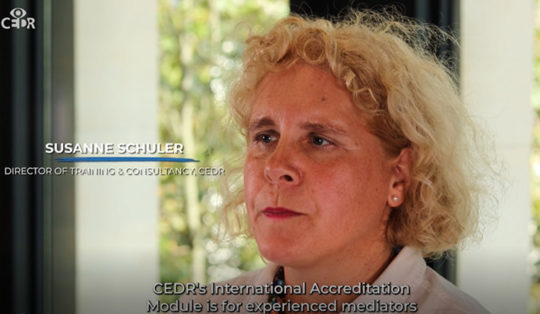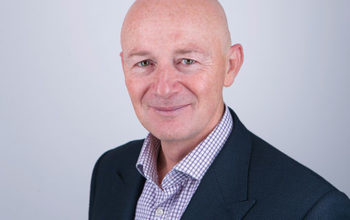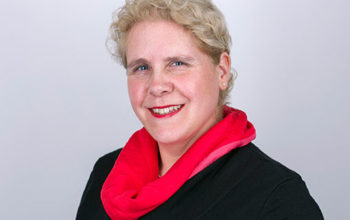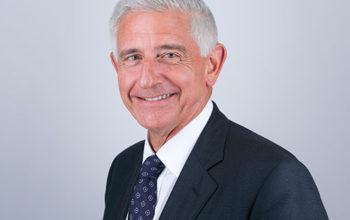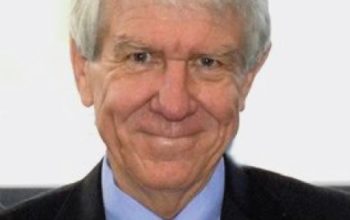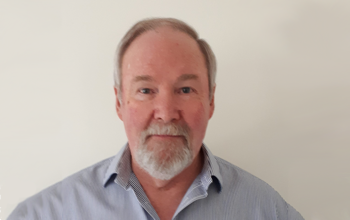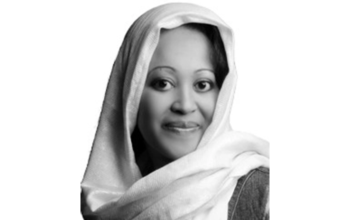
International Accreditation Programme
The International Accreditation Programme is an Advanced Mediator Skills Training, to enhance and extend a mediator’s international practice and to achieve CEDR-Accredited status.
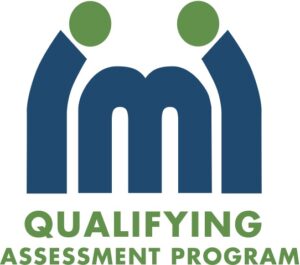
What is the International Accreditation Programme?
CEDR's International Accreditation Programme is for highly experienced, practising mediators who want to differentiate themselves in the market and work in complex, high-level international conflicts and disputes.
The programme also includes assessment for CEDR's leading international mediator accreditation for non-accredited participants.
This training is exclusively for practising mediators as it will focus on advanced conflict engagement skills and processes requiring a high degree of experience. Places are limited and participation is subject to eligibility.
Book onto the 2024 International Accreditation ProgrammeProgramme Overview
Pre-Course.
Application Process & Pre-Engagement
The International Accreditation Programme is subject to an application to ensure participants have suitable levels of experience. There is also a pre-course curriculum with reading and audio-visual learning modules on CEDR's Virtual Campus.
Day 1.
Introduction & Skills Refresher
Practical sessions with teaching and coaching focussed on: positions and interests, negotiation styles, active listening, bargaining skills and challenging parties. Focus on how to apply these skills in your mediation practice and in different international contexts.
Day 2.
Teaching & Practice Day
Focus on how to break deadlock and conclude complex negotiations. Experienced practitioners will provide insights and case studies on how to manage complex multi-party, multi-issue, multi-stakeholder negotiations in topics such as hostage negotiation, labour disputes, class actions and peacemaking negotiations.
Day 3.
Coaching Day
A full day of live, simulated coaching sessions accompanied by real-time coaching followed by extensive feedback.
Day 4.
Assessment Day
Assessment for CEDR's leading international mediator accreditation.
Post Course.
Assessment and Invitation
Post-course assessment and personal reflection through CEDR's Virtual Campus. You will also be invited to become a part of CEDR's global MyCEDR Mediator network with opportunities for further professional development.
Day 2 Spotlight
On day 2 of this programme, we offer you a series of condensed power sessions from different conflict experts.
- Hostage and Crisis Negotiation. One and a half hours in the 'hot seat', experiencing the drama and tension of how professional hostage negotiators actually deal with a terrorist.
- Multi-party, Multi-issue, multi-stakeholder, multi-national negotiations. Learn from an internationally renowned mediator, author and trainer and a renowned facilitator of many large multi-party relationship building and transformation processes, sharing the lessons they've learned negotiating South Africa's largest class-action dispute.
- Peacemaking and Business Human Rights. Hear from a specialist in both the negotiation of international violent conflicts and peacemaking - who authored 8 books on these topics – and who has profound experience in mediating a range of political, community, and policing conflicts and a renowned international mediator with experience in Business Human Rights Mediation, about their work on a current project in Southern Africa as well as their work on supporting peacemaking efforts in DRC and other regions.
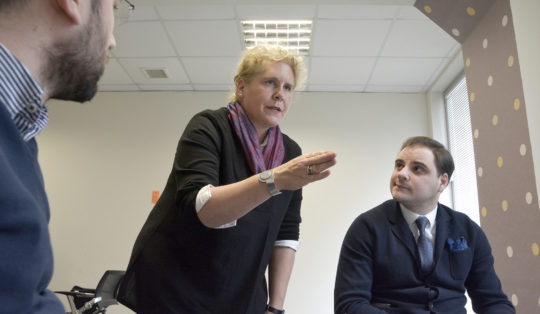
What will You Learn on the Course:
- Facilitate effective information exchange
- Advanced bargaining skills
- Robustly challenging parties
- Overcoming apparent deadlock
- Designing effective engagement processes
- Working with different cultural considerations
- Working with and applying CEDR's flexible framework
Register your Interest
Who You Will Learn From
The programme is led by a combination of commercial mediators and international facilitators from both CEDR and other organisations. You will also learn from a number of international conflict engagement specialists from the world of human rights, peacemaking, industrial relations and hostage and crisis negotiation.
More information on your trainers can be found below.
If you have any further questions please contact us using the white button below.
Contact Us

